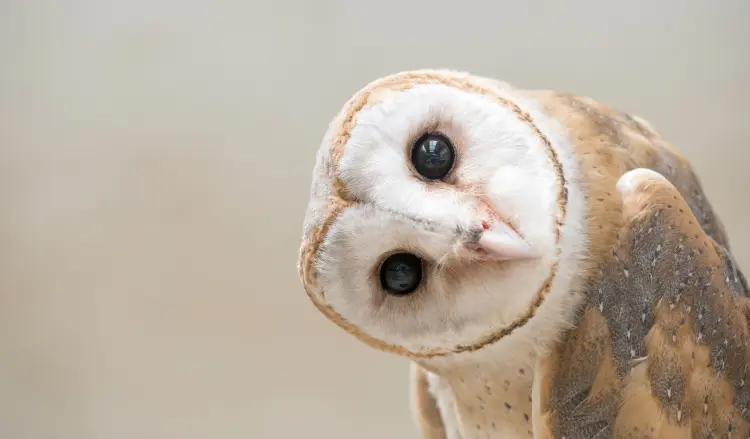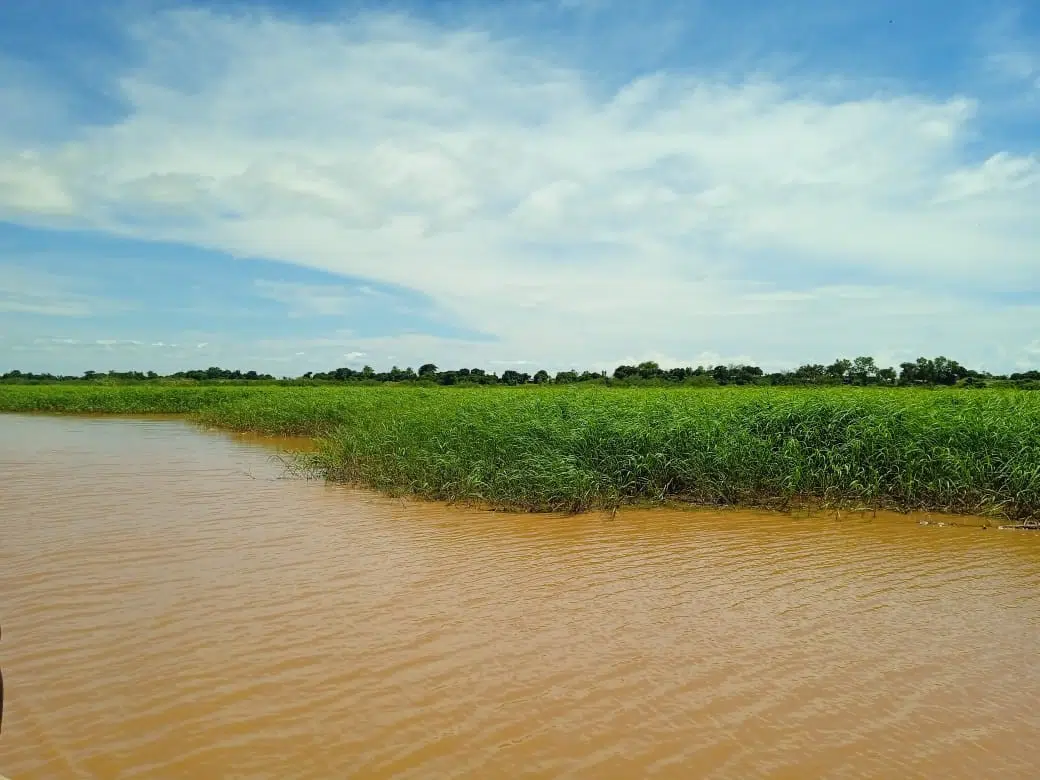Saving the Critically Endangered Liben Lark in Ethiopia

By Lewis Kihumba
Forming part of the Ethiopian Highlands in Southern Ethiopia is the Liben Plain, an Important Bird and Biodiversity Area. These plains hold one of only two known populations of the Critically Endangered Liben Lark Heteromirafra archeri, one of the oldest species of lark in the world, with only 50 to 100 individuals surviving today. Over the years, the Liben Plain has seen numerous human pressures. Population growth, overgrazing, in addition to drought and soil erosion among others, has meant that only a small fraction of the grasslands remain, much of it degraded. In turn, this has led to the fragmentation of the Liben Lark’s habitat, splitting populations from each other and putting additional pressure on this bird.
In 2015, Birdlife International, RSPB, Ethiopia Wildlife and Natural History Society (BirdLife Partner) and SOS Sahel Ethiopia, embarked on a three year project to save the Liben Lark. The Darwin funded project helped local communities create four communally managed grasslands reserves known as kallos across the plain. The kallos managed by local pastoralists’ communities, would serve as fodder for livestock during the dry season. Most importantly, the kallos would provide suitable breeding and foraging for the lark during the two wet seasons locally known as Ganna and Hagaya.

In addition to supporting the pastoralism activities, the project was also designed to help vulnerable households to diversify their livelihoods from extensive pastoralism and therefore reduce their needs and pressure on grasslands. A savings and credit co-operative was formed with four village level Community Based Organizations (CBOs). Currently, the co-operative has over 100 members and training is being provided.
The project had mixed results at the start. Between 2015 and 2017, severe drought in southern Ethiopia coupled with political instability negatively impacted the kallos. In 2018, when the project was due to come to an end, the reserves experienced an upturn following good rains in the region. A field trip undertaken by the project partners in the same year, found out that although the kallos were full of lush grass, the number of Liben Lark territories were fewer than envisaged.
There’s still hope though. The birds could have been wiped out due to the drought, but have held on. In 2019, a second survey yielded positive results and found that the number of Liben Larks had increased from 11 to 21 territories, although in a declining range on the plain. The kallos have also been instrumental in supporting local pastoralists, providing 70% of fodder during the drought period to more than 900 households. After the good weather in 2018, two of the existing kallo were extended. “We got relatively good season for grasses and we recommend that kallo maintenance and new kallo establishments continue”, said one community elder.

Thankfully, the project has continued beyond 2019 with emergency response funding from RSPB and a grant from the IUCN Save Our Species, co-funded by the European Union. This means that maintenance of these vital kallos protecting both bird and livelihoods, can continue. While sustainable land management of the Liben Plains has been initiated, focus is now on long term solutions which will build on these conservation efforts to halt degradation of the Liben Plain and thus save mainland Africa’s first bird threatened with extinction.
This publication was produced with the financial support of the European Union through IUCN Save Our Species. Its contents are the sole responsibility of BirdLife International, RSPB, Ethiopian Wildlife and Natural History Society and SOS Sahel, and do not necessarily reflect the views of IUCN or the European Union.
Stay up to date
Sign up to receive the latest bird conservation news. You’ll also receive updates about our projects, science and other ways to get involved including fundraising.
Thank you for your support, we are committed to protecting your personal information and privacy. For more information on how we use your data, please see our Privacy Policy. You can unsubscribe from emails at any time by using the link in the footer of any email from us.




